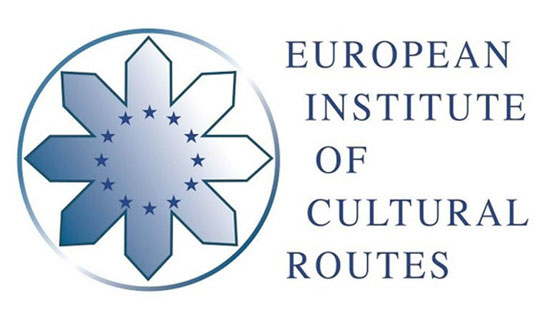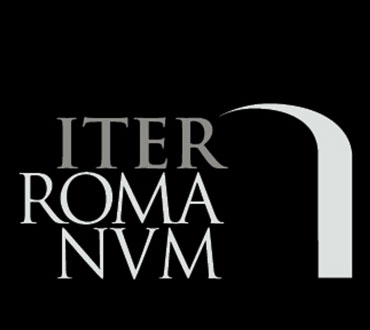The European Council is the main European organization for the defense of human rights and the promotion of democracy on the European continent.
All the states belonging to the Council have signed the European Convention on Human Rights. Its headquarters is located in Strasbourg (France).
More information: : https://www.coe.int/en/web/portal/home
European Council Cultural Routes
The Cultural Routes of the European Council Program is a project regulated by an enlarged partial agreement (treaty) in which the European Council, the European Commission and up to 27 states participate; each year new countries are added, both members and non-members of the European Council.
It is governed by the Committee of Ministers of the European Council resolution/Res (2013) 67, dated 18/12/2013, which confirms the Enlarged Partial Agreement on Cultural Routes, signed in 2010.

Created in 1987, the main objective of the program is to help promote European identity and citizenship through awareness and knowledge of Europe’s shared heritage, as well as developing dialogue and cultural links not only within Europe, but also with other countries and regions. The aim is to shape a common cultural space by establishing cultural routes to raise awareness of heritage, education, networking, quality, sustainable cross-border tourism and other related activities.

To implement and develop the program, the European Institute of Cultural Routes was set up in 1998. The Institute’s responsibilities include participating in European certification, research and analysis programs focused on cultural tourism both for the European Commission and governments as well as for leaders in public and private sectors.
